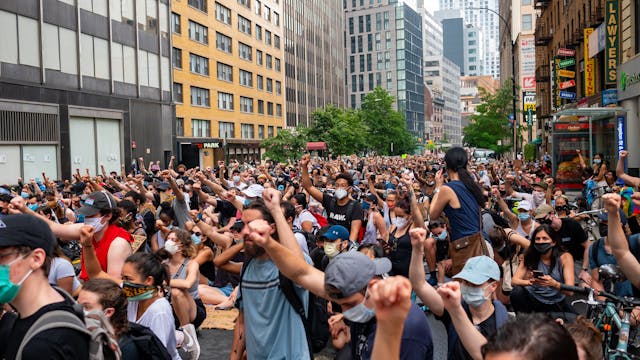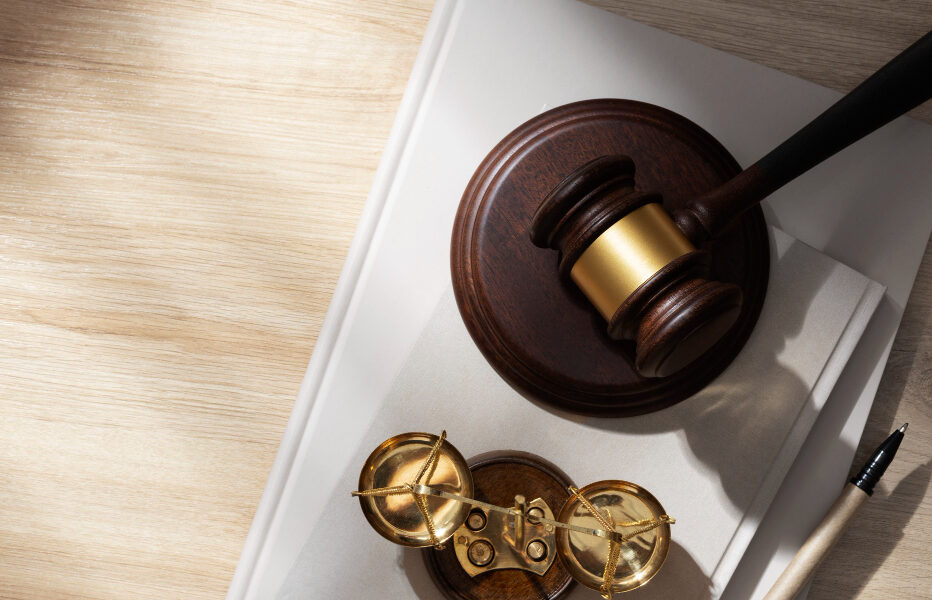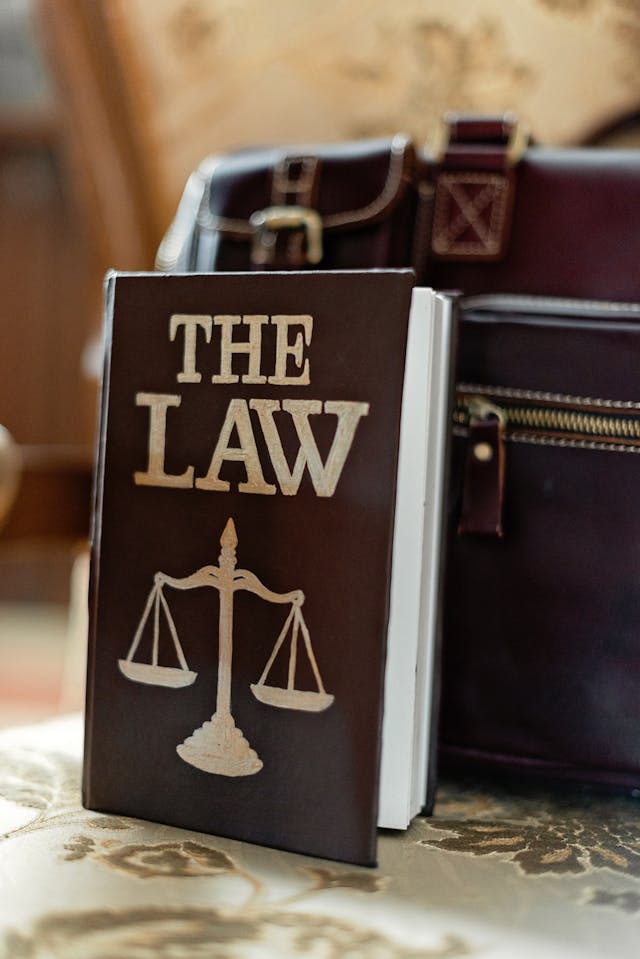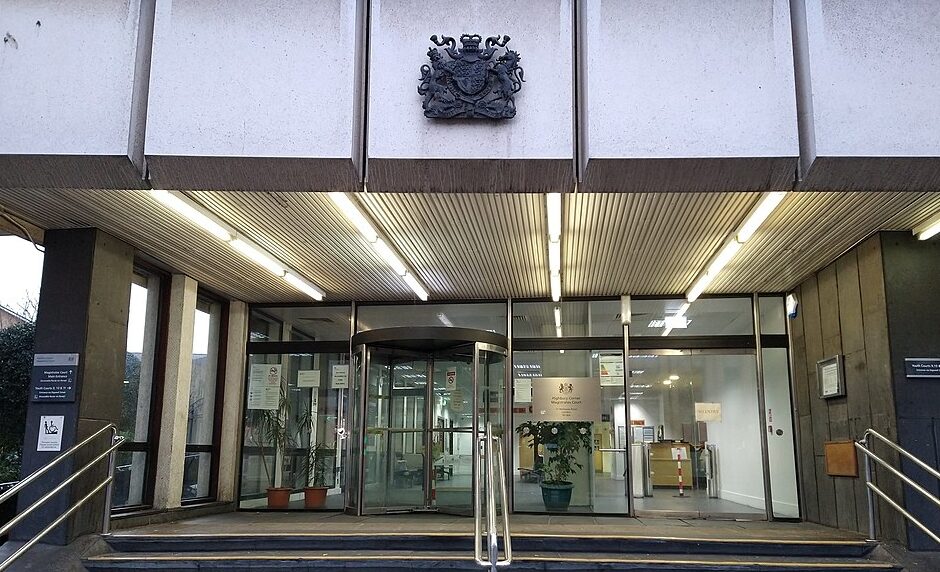UK Supreme Court’s ruling fuels protests, legal threats, and warnings of human rights breaches
A Supreme Court judgment affirming that the Equality Act 2010 refers to biological sex has triggered fierce backlash and fresh legal challenges, intensifying a national debate over the rights of transgender people and the legal meaning of “woman” and “man”.
Lord Hodge, who delivered the ruling in the For Women Scotland case, acknowledged the “strength of feeling on all sides.” That turned out to be an understatement. Within hours, trans rights supporters descended on Parliament Square and the Supreme Court steps in vocal protest, decrying the judgment as a betrayal.
Conversely, the ruling was welcomed by the Government, the Equality and Human Rights Commission, and several lesbian advocacy groups. Bridget Phillipson, the Women and Equalities Minister, praised the court’s decision for delivering “clarity and confidence” on an issue mired in legal and political ambiguity.
The decision affirmed that protections under the Equality Act are based on biological sex, not gender identity — a stance For Women Scotland had argued was essential to preserving women-only spaces. The judgment has effectively reinforced the legal ability of institutions to differentiate between biological males and females in certain circumstances, even if someone has transitioned.
Embed from Getty ImagesYet critics warn this sets a dangerous precedent. Dr Victoria McCloud, a transgender former judge, is reportedly preparing to challenge the judgment before the European Court of Human Rights, arguing that her exclusion from intervening in the case violated Article 6 of the European Convention — the right to a fair trial. The Supreme Court refused her request to make submissions, stating under its practice direction that intervenors must aid the court without raising new issues or evidence.
Amnesty International, the LGB Alliance, Scottish Lesbians, and The Lesbian Project were granted written intervention — a move that has only deepened concern among trans rights groups who feel their voices were ignored in shaping a decision that directly affects them.
Legal action may escalate further. The Good Law Project has launched a crowdfunder to pursue a High Court declaration that the ruling breaches the UK’s Human Rights Act and international obligations. With £360,000 of its £400,000 target already raised, the campaign has backing from a legal team “involving several KCs and at least one trans barrister.”
The reaction online has been explosive. Some commentators have accused the Supreme Court of endorsing “trans-exclusionary practices.” Justice Secretary Shabana Mahmood was forced to intervene last week, defending the court’s integrity before a parliamentary committee and calling it “unacceptable” to question its legitimacy.
Crash Wigley, a trans barrister at Landmark Chambers, warned on the Trans Legal Project website that the ruling could facilitate systemic discrimination: “Until the legislative situation is rectified, or clarified by further litigation, we are likely to see human rights breaches against trans people in the UK,” she wrote. Wigley argued the decision has sown confusion while legitimising exclusionary policies.
Despite the ruling, the court was careful to reiterate that transgender people are still protected under the Equality Act’s provisions on gender reassignment. Yet with the court declining to rule on the broader human rights implications of the decision, campaigners fear a wave of discriminatory practices may emerge under cover of legal ambiguity.
For now, the clash between legal certainty and lived identity is far from resolved. The courts have had their say — but the streets, the campaigners, and the litigators are not done talking.





